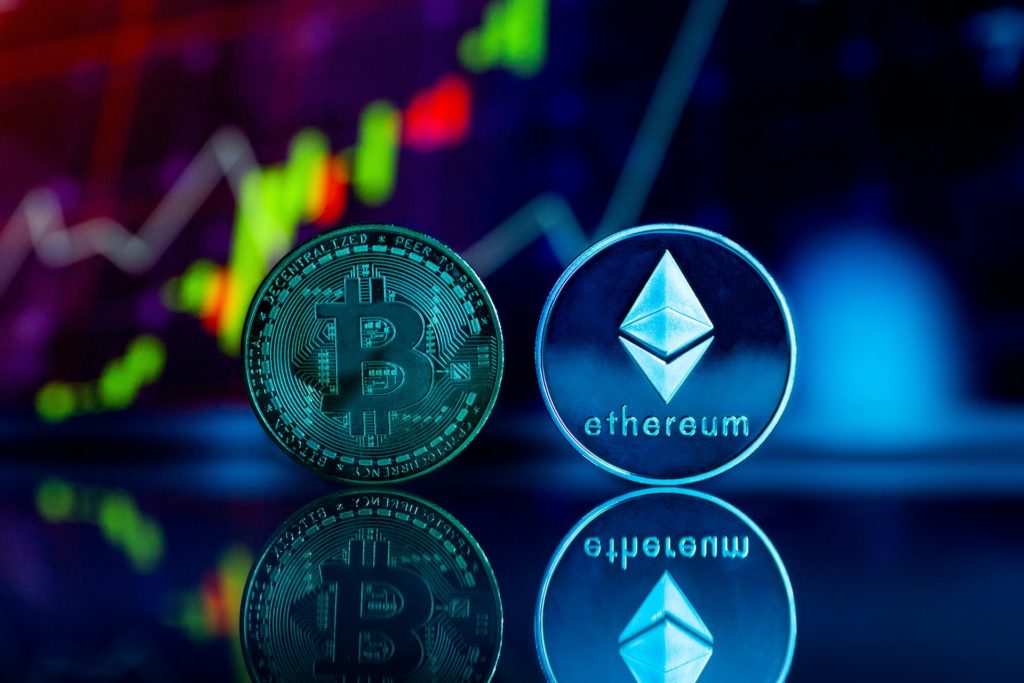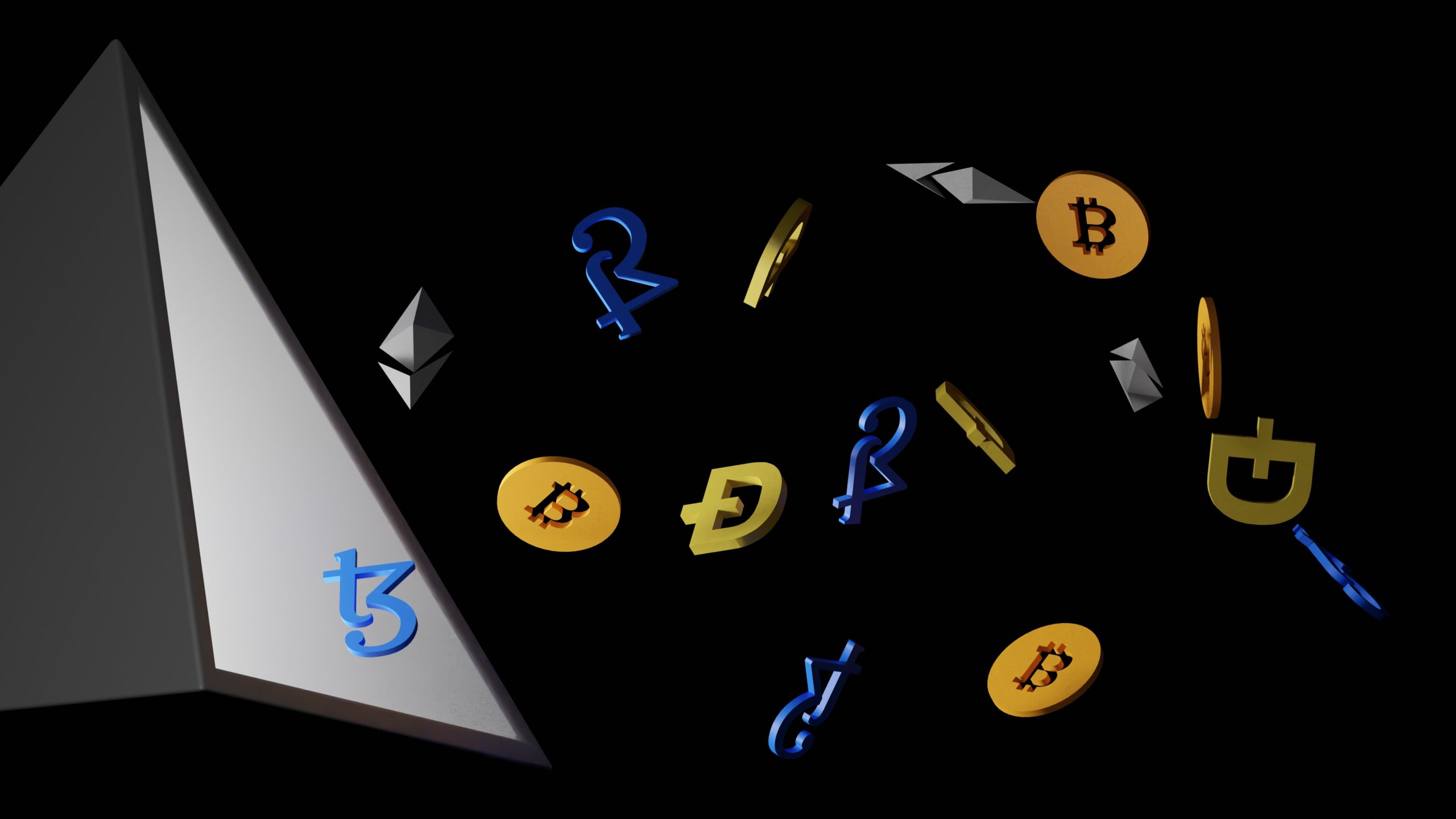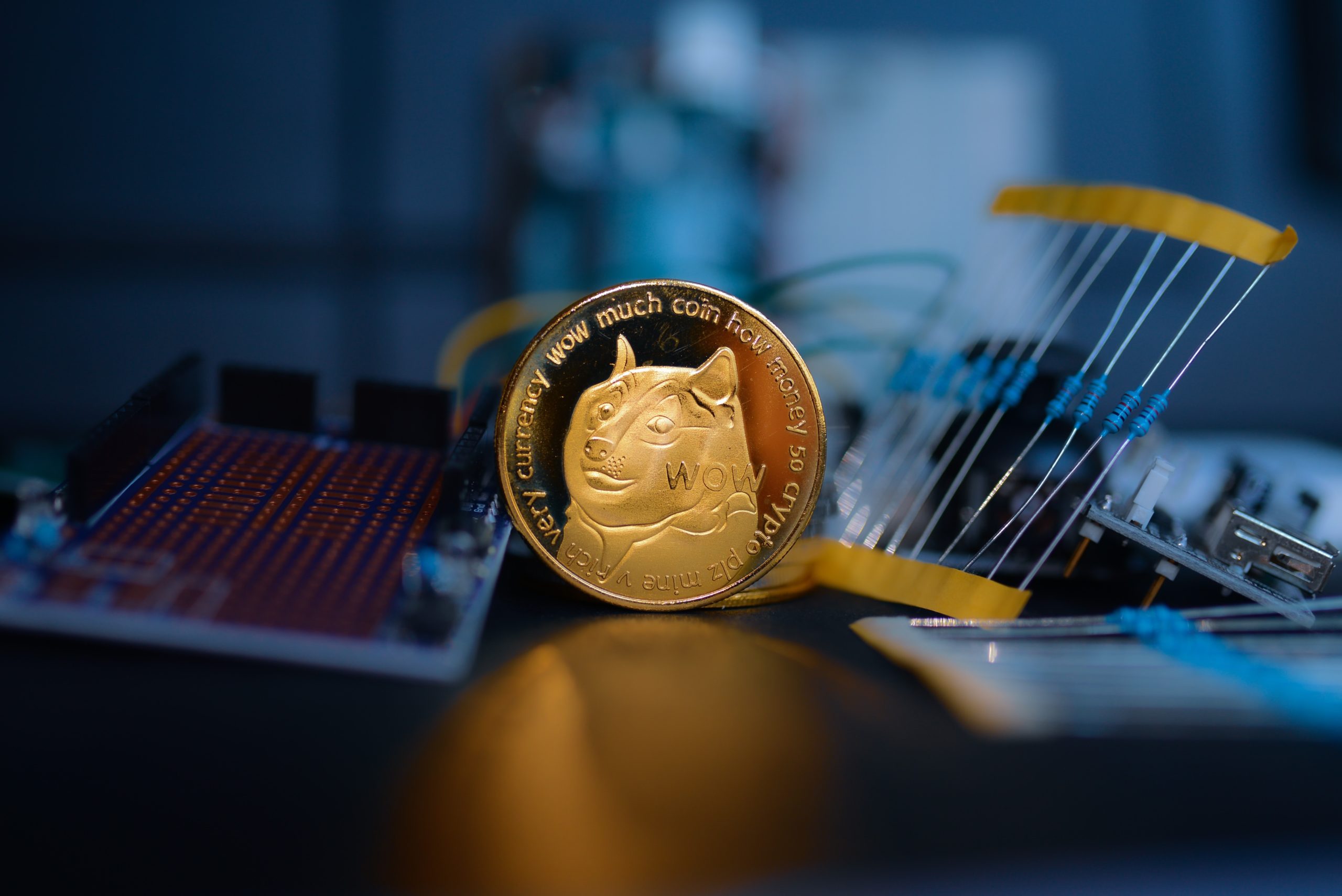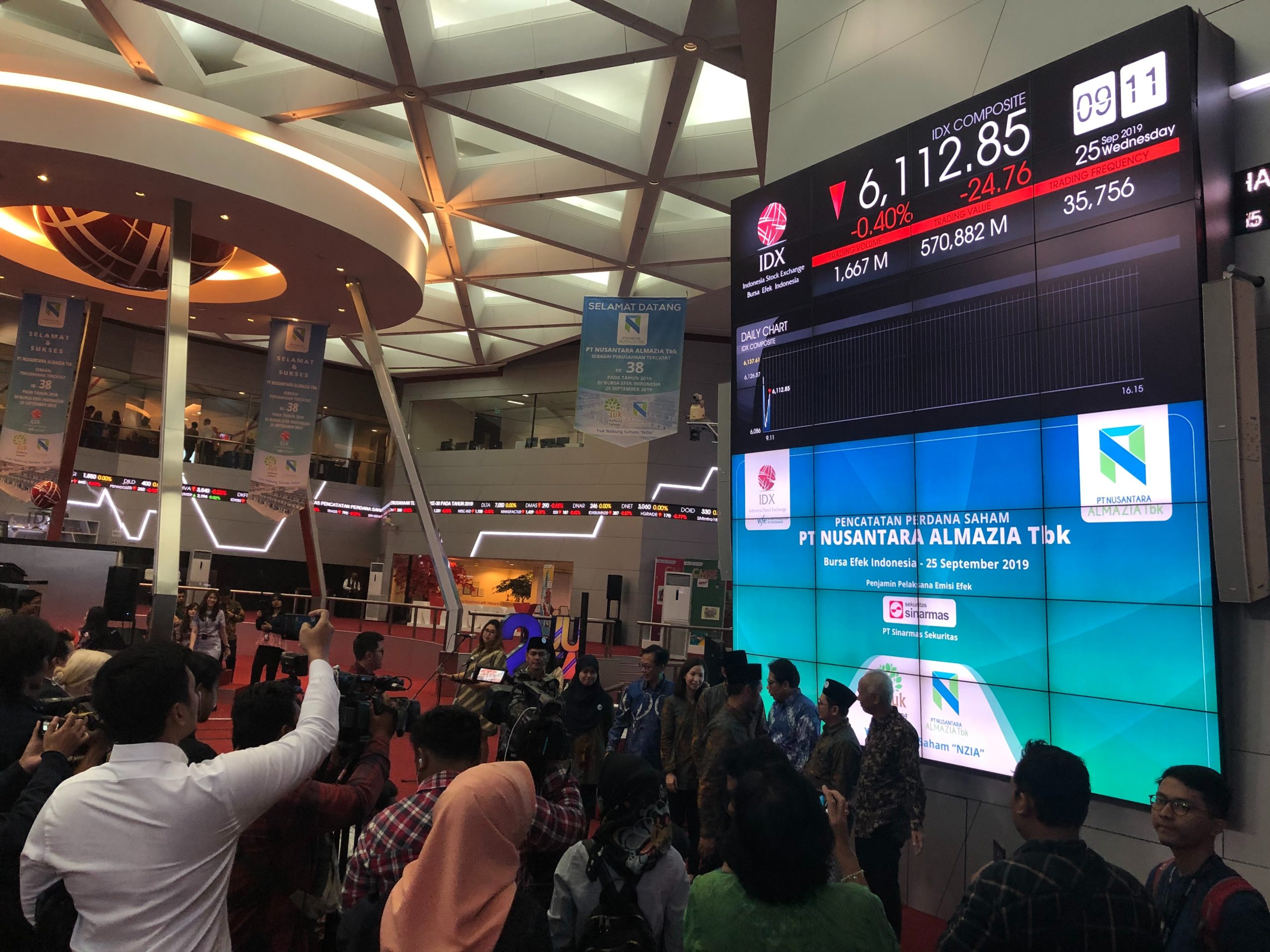Theta is a network for decentralized video distribution that was created on the Ethereum blockchain. Users are encouraged to give their excess computing and bandwidth resources as part of the Theta network’s novel blockchain architecture to improve the overall streaming experience. Users that provide resources get Theta tokens, which may be used to access premium content or trade on cryptocurrency exchanges. The network aims to increase the scalability and speed of streaming video while lowering the cost of video distribution for content creators.

Background of Theta
The 2017 ICO boom is when it first started to take momentum. Theta’s native THETA token, which was first offered as an ERC-20 token on top of the Ethereum network, was published on its blockchain in March 2019. Its first token sale, which catalyzed the project’s development, was completed in 2017, even though it was a secret, behind-closed-doors event. Due to this, the project did not get much attention until its mainnet launched in early 2019. Mitch Liu, co-founder, and CEO of Theta. tv has a wealth of expertise in both the gaming and internet streaming sectors.
How the network functions
The network is composed of three main types of nodes. The Edge Nodes that are hosted by community members are the most common. They provide the bandwidth or generally support data transit and edge computing. Theta Edge Network’s peer-to-peer “EdgeCast” technology was introduced, greatly enhancing its capabilities. The network can now store and transmit live stream video data throughout the world in addition to capturing live video and instantaneously transcoding it. A small number of companies known as “Enterprise Validator Nodes” propose and design new building pieces for the chain. In the future, more community-run Guardian Nodes will seal blocks and watch out for harmful behavior from the Validator Nodes. To maintain the distinction between each token’s functionalities, Theta employs a dual token structure. The protocol’s governance token, Theta Token (THETA), is staked by Validator and Guardian nodes. Theta Fuel (TFUEL) is the “gas” token used in network operations like working with smart contracts. Edge Nodes may get TFUEL by sharing resources and relaying video feeds.
Benefits of the network
The benefits include:
Decentralization
The Ethereum blockchain, which the Theta network is based on, enables a decentralized video transmission system that is not governed by a single body.
Incentivization
By compensating them with tokens, the network encourages users to share their unused computational and bandwidth resources.
Scalability
Buffering may be decreased and the overall streaming experience enhanced thanks to Theta’s improved scalability and speed of streaming video.
Low price
By using a peer-to-peer network rather than depending on centralized servers, the network seeks to lower the cost of video distribution for content producers.
Tokenomics
The network’s tokens may be exchanged on cryptocurrency exchanges or used to access premium content, fostering an ecosystem of consumers and content producers.
Disadvantages of Theta network
The disadvantages include:
The complexity of the network is a drawback
Because the Theta network’s technology is so new and advanced, some users could find it challenging to properly comprehend and make use of it.
Reliance on Ethereum
Because the Ethereum blockchain is a need for Theta, any problems with Ethereum might have a detrimental effect on it.
Volatility
Because of the volatility of the cryptocurrency market, holding or trading the token might be dangerous for consumers.
Limited adoption
Since it is still a relatively young endeavor, its potential may not yet have been completely realized due to a lack of widespread adoption.
Regulation
Theta network is not an exception to the highly regulated cryptocurrency industry, it is susceptible to change and may be impacted by local laws and regulations.









